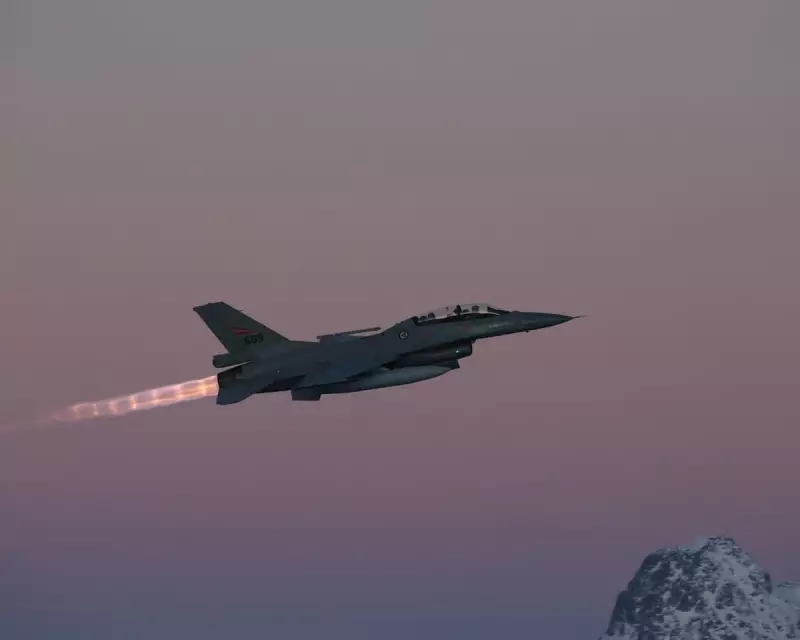
In a significant escalation of regional tensions, Poland's key NATO allies have issued a fierce condemnation of large-scale military exercises being conducted by Belarus near its shared border. The drills, which involve Belarusian troops and mercenaries from the Russian-backed Wagner Group, have been denounced as a 'flagrant violation' of international norms.
The Polish government, responding to the perceived threat, has initiated a major deployment of its own forces to the border region. Defence Minister Władysław Kosiniak-Kamysz confirmed that troops are being sent to monitor the situation closely and ensure national security.
International Outcry and Diplomatic Condemnation
The strong diplomatic rebuke came from nations including the UK and the US. A British Foreign Office spokesperson explicitly called the military activity a 'flagrant violation of the rules-based international order,' a sentiment echoed by other Western powers. This unified stance underscores the grave concern that Belarus is actively facilitating a hybrid warfare operation on NATO's eastern flank.
The Wagner Factor and Hybrid Warfare Threats
Central to the international alarm is the involvement of the Wagner Group. The notorious paramilitary organisation, now largely operating under Belarusian control since its short-lived rebellion in Russia, is participating in the exercises. Western officials fear these drills could serve as a smokescreen for more nefarious activities, including orchestrating a fresh migrant crisis by pushing asylum seekers across the border—a tactic used previously—or planting disguised operatives to destabilise the region.
‘The exercises are a cover to prepare for aggressive actions,’ stated Polish security expert, Dr. Maria Wojtaszczyk. ‘The presence of Wagner is a deliberate provocation designed to test NATO's resolve and create perpetual uncertainty.’
Poland's Defensive Posture
Poland's decision to move troops is framed as a necessary defensive and monitoring operation. The government in Warsaw has been one of Ukraine's staunchest supporters since the full-scale invasion began and views the activities in Belarus as a direct extension of Russian aggression. The border area has been a flashpoint before, and Polish authorities are determined to prevent any repeat of the 2021 migrant crisis, which was widely believed to have been engineered by Minsk.
With the situation evolving rapidly, all eyes remain on the Belarus-Poland border. The NATO alliance now faces a critical test of its collective security apparatus, balancing a firm response to provocation with the need to avoid further escalation in a region already at breaking point.





